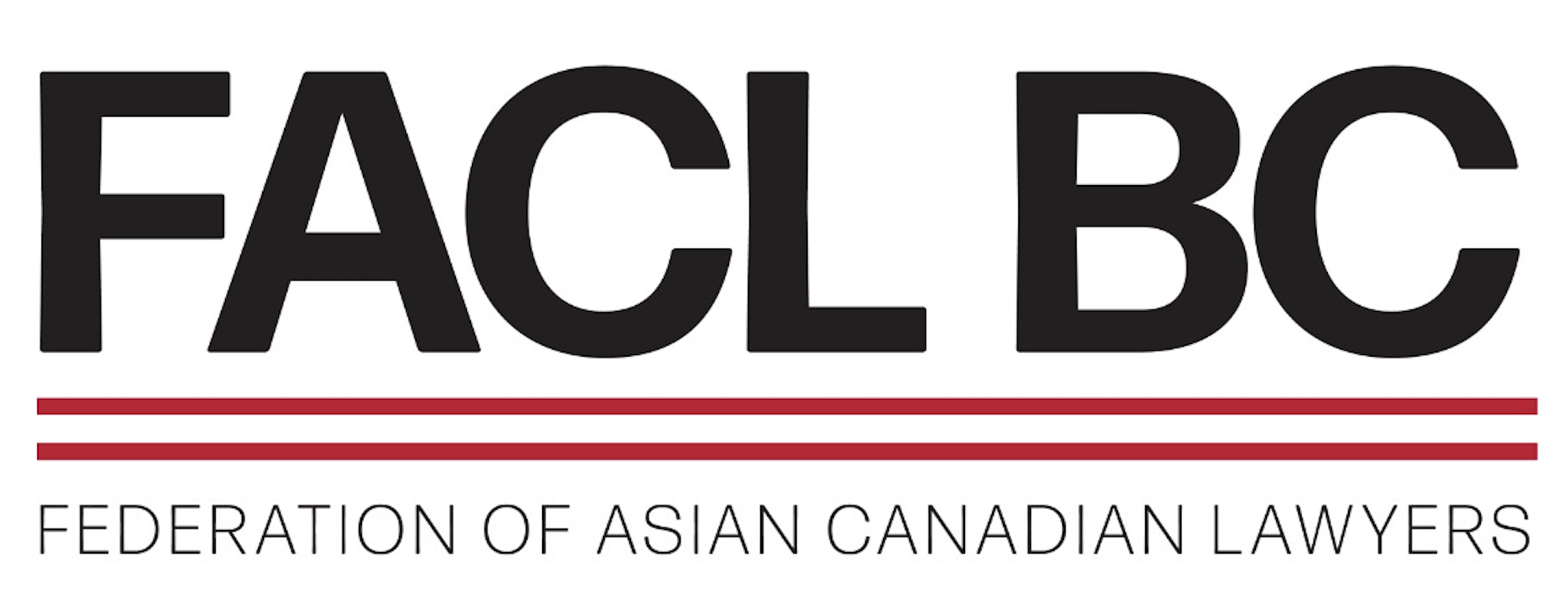FACL BC Statement Endorsing Resolution 4: Member Resolution on the Role of Lawyers in Addressing Climate Change (Law Society of BC 2022 AGM)
June 14, 2022
"Dealing with climate change is among the most important challenges that will face Canada and the world in the 21st century. The impact of climate change will be especially felt by already vulnerable people, exacerbating the social and legal difficulties they face. It is imperative that lawyers and justice actors who desire a just society engage pro-actively in curbing climate change and mediating its impacts.”1
– The Right Honourable Beverley McLachlin, former Chief Justice of Canada
The Law Society of BC’s 2022 Annual General Meeting will be held on June 22, 2022. Members can vote on resolutions during the meeting or through advance online voting, which is open now until 5:00 p.m. PDT on June 21. Visit the Law Society’s website for the full text of all resolutions and more information about how to vote.2
FACL BC endorses Resolution 4: Member Resolution on the Role of Lawyers in Addressing Climate Change, and encourages our members who are eligible to participate to vote in favour of it. This resolution has been put forward by Yuki Matsuno and Hasan Alam, President of FACL BC.3 Resolution 4 was inspired by “The Legal Community's Role in Addressing the Climate Crisis,” a webinar hosted by FACL BC on April 28, 2022. The panel members for this webinar were Chief Patrick Michell, Kanaka Bar Indian Band; Dr. Carol Liao, Canada Climate Law Initiative and UBC Allard School of Law; and Andhra Azevedo, Ecojustice. These panelists impressed upon attendees the opportunities for lawyers to take action on climate change, our obligations as lawyers to understand our duties to our clients in mitigating climate-related risks, and our potential influence as leaders in the fight against climate change.
If passed, the resolution will require the Law Society of BC to encourage lawyers to take steps to address climate change and advise their clients as appropriate of the risks and opportunities of climate change; to set up a task force or advisory group to study the issue to develop practice guidelines and create educational programming; and to set an example by carrying out a climate impact report for the Law Society itself.
FACL BC’s mandate is to promote equity, justice, and opportunity for Asian Canadian legal professionals and the broader community. World leaders and governments, institutional investors, the Supreme Court of Canada,4 and innumerable stakeholders, including youth, have recognized that climate change is a reality, a global financial risk, and an existential threat to humanity. Last year’s heat wave, wildfires, and floods underscored to us how climate change is impacting us across the province, with the most vulnerable members of our communities being hit the hardest. Further, studies done in Canada have shown that climate change disproportionately harms Indigenous, Black and other communities of color.5 In light of this existential threat that our communities are facing both domestically and globally, FACL BC recognizes that it is incumbent upon Asian Canadian legal professionals to formally incorporate climate change considerations into our roles as lawyers to ensure the well-being and livelihood of our communities.
FACL BC also endorses Resolution 3: Member Resolution regarding the Implementation of Changes to the Member Portal and Lawyer Directory. Read our statement on Resolution 3 here.
--
1 https://www.lawyersforclimatejustice.ca/
2 Voting: https://www.lawsociety.bc.ca/about-us/news-and-publications/news/2022/2022-annual-general-meeting-–%C2%A0second-notice/
3 This statement by the movers of Resolution 4 provides more information: https://faclbc.ca/resources/FACL%20BC%20Documents/Committees/Advocacy/Statement%20in%20Support.Matsuno.Alam.rev%20(1).pdf
4 Reference re Greenhouse Gas Pollution Pricing Act, 2021 SCC 11.
5 The Canadian Climate Institute, Centring Social Justice is Sound Climate Policy: https://climateinstitute.ca/centring-social-justice-is-sound-climate-policy/
